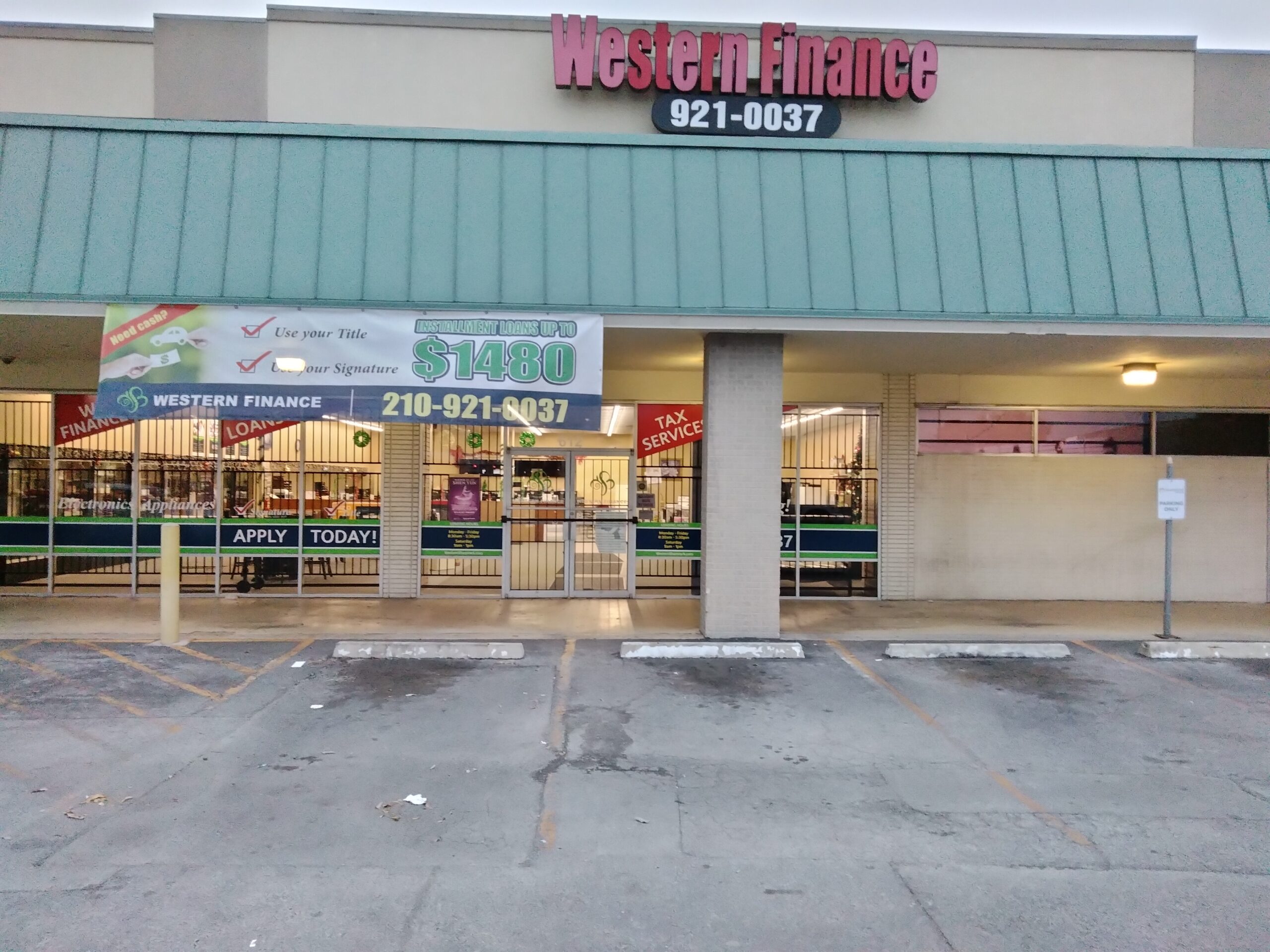The Shifting Sands of Western finance: A Levelland, Texas Perspective
Levelland, Texas, a town etched into the vast plains of the Texas Panhandle, embodies a unique intersection of rural American life and the ever-evolving landscape of Western finance. For generations, the financial heartbeat of this community has been tied to agriculture, oil, and small-town resilience. However, the 21st century has brought about profound shifts, demanding adaptation and innovation from both individuals and institutions. This article delves into the intricate weave of Western finance as it plays out in Levelland, exploring its historical roots, contemporary challenges, and the potential pathways for its future.
The story of Levelland’s finance is inextricably linked to the region’s agricultural heritage. Cotton, grain, and livestock have been the lifeblood of the local economy, driving the need for credit, investment, and risk management. Early financial institutions, often rooted in local cooperatives and community banks, focused on providing loans for land acquisition, equipment purchases, and seasonal operating expenses. This direct connection between finance and the land created a unique culture of trust and understanding, where a handshake often carried as much weight as a formal contract.

The oil boom of the mid-20th century further diversified Levelland’s financial landscape. The influx of capital and the emergence of oil-related businesses fueled a period of rapid growth, leading to the establishment of new banks and financial services. However, this prosperity was not without its volatility, as the cyclical nature of the oil industry exposed the community to periods of boom and bust.
Today, Levelland faces a complex set of financial challenges, mirroring the broader trends impacting rural America.
The Declining Rural Population and Shifting Demographics
The gradual decline in rural population, coupled with an aging demographic, poses a significant threat to the long-term viability of Levelland’s economy. Younger generations are increasingly drawn to urban centers, seeking greater opportunities and a more diverse lifestyle. This demographic shift has implications for the local tax base, the demand for financial services, and the overall economic vitality of the community.
The Volatility of Commodity Prices and Agricultural Uncertainty

Agriculture remains a cornerstone of Levelland’s economy, but farmers and ranchers face increasing uncertainty due to fluctuating commodity prices, unpredictable weather patterns, and rising input costs. The need for sophisticated risk management tools, such as crop insurance and hedging strategies, has become more critical than ever. However, access to these tools may be limited for some producers, particularly those with smaller operations.
The Rise of Digital Banking and the Erosion of Traditional Relationships
The rise of digital banking and online financial services has transformed the way people manage their money. While these technologies offer convenience and efficiency, they also threaten to erode the traditional relationship-based model of banking that has long characterized Levelland’s financial institutions. Local banks face the challenge of adapting to the digital age while maintaining their commitment to personalized service and community engagement.
The Challenges of Small Business Finance and Entrepreneurship
Small businesses are the backbone of Levelland’s economy, but entrepreneurs often struggle to access the capital they need to start and grow their ventures. Traditional lenders may be hesitant to provide loans to businesses with limited credit history or collateral, while alternative financing options may be costly or difficult to navigate. Fostering a supportive ecosystem for small business finance is crucial for the long-term economic development of Levelland.
The Impact of Regulatory Changes and Economic Uncertainty
The ever-changing regulatory landscape and the broader economic uncertainty create additional challenges for Levelland’s financial institutions. Compliance with new regulations can be costly and time-consuming, while economic downturns can lead to increased loan defaults and reduced profitability.
Despite these challenges, Levelland possesses the resilience and resourcefulness to navigate the shifting sands of Western finance.
Investing in Digital Infrastructure and Financial Literacy
To remain competitive in the digital age, Levelland must invest in robust digital infrastructure and promote financial literacy among its residents. This includes expanding broadband access, providing training on online banking and financial management tools, and educating consumers about the risks and benefits of digital finance.
Strengthening Community-Based Financial Institutions
Local banks and credit unions play a vital role in supporting Levelland’s economy. By strengthening these institutions, the community can ensure that local businesses and individuals have access to the financial services they need. This may involve exploring innovative lending models, developing partnerships with community development financial institutions (CDFIs), and leveraging technology to enhance efficiency and customer service.
Diversifying the Local Economy and Fostering Entrepreneurship
Diversifying the local economy beyond agriculture and oil is essential for long-term sustainability. This includes supporting the development of new industries, such as renewable energy, technology, and tourism, and fostering a culture of entrepreneurship. Providing access to capital, mentorship, and business development resources can help entrepreneurs turn their ideas into successful businesses.
Promoting Collaboration and Regional Partnerships
Collaboration among local businesses, government agencies, and educational institutions is crucial for addressing the challenges facing Levelland’s financial sector. Regional partnerships can help leverage resources, share best practices, and promote economic development on a broader scale.
Embracing Sustainable Agricultural Practices and Renewable Energy
The future of agriculture in Levelland depends on embracing sustainable practices that protect the environment and ensure long-term viability. This includes investing in water conservation, soil health, and renewable energy. The transition to a more sustainable economy can create new opportunities for investment and innovation.
Levelland’s story is one of resilience, adaptation, and a deep connection to the land. While the challenges facing the community are significant, the enduring spirit of its residents and the commitment of its financial institutions provide a solid foundation for the future. By embracing innovation, fostering collaboration, and investing in its people, Levelland can navigate the shifting sands of Western finance and build a thriving economy for generations to come. The town’s ability to evolve while maintaining its core values will be the key to its continued success in the complex world of modern finance. The future of Levelland’s finance is not simply about money; it is about the community, its people, and their shared commitment to a prosperous future.
